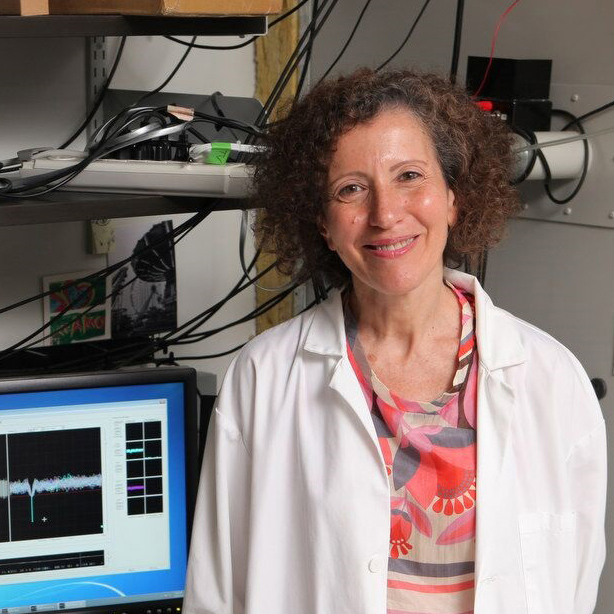How much is a piece of information worth to you? How much are you willing to pay for today’s news or to discover more about your ancestry?
It’s a question that gets to the core of how we learn about the world and make decisions every day: a question that has now brought together the fields of neuroscience and economics. Professor and neuroscientist Jacqueline Gottlieb, a principal investigator at the Zuckerman Institute, and Professor Michael Woodford in Columbia University’s Department of Economics are working together on a project that seeks to understand what motivates us to pay attention to certain pieces of information and invest in acquiring them. They describe the initial results of this work — revealing the diversity of motives that guide human curiosity — in the latest issue of Nature Human Behavior.
Neuroscience tells us that there are limits to our attention, says Dr. Gottlieb. Our brains bias us towards certain sources of information by releasing chemicals that reward us for focusing on certain things. Economics, says Dr. Woodford, has traditionally ignored such biases, assuming instead that everyone sees the same information when making decisions.
By combining the mathematical models of economics and brain-monitoring techniques of neuroscience, the professors hope to gain greater insights into both of their fields. Their interdisciplinary research could lead to a more sophisticated perspective on questions ranging from how informational choices affect brain diseases to how they shape economic markets.
